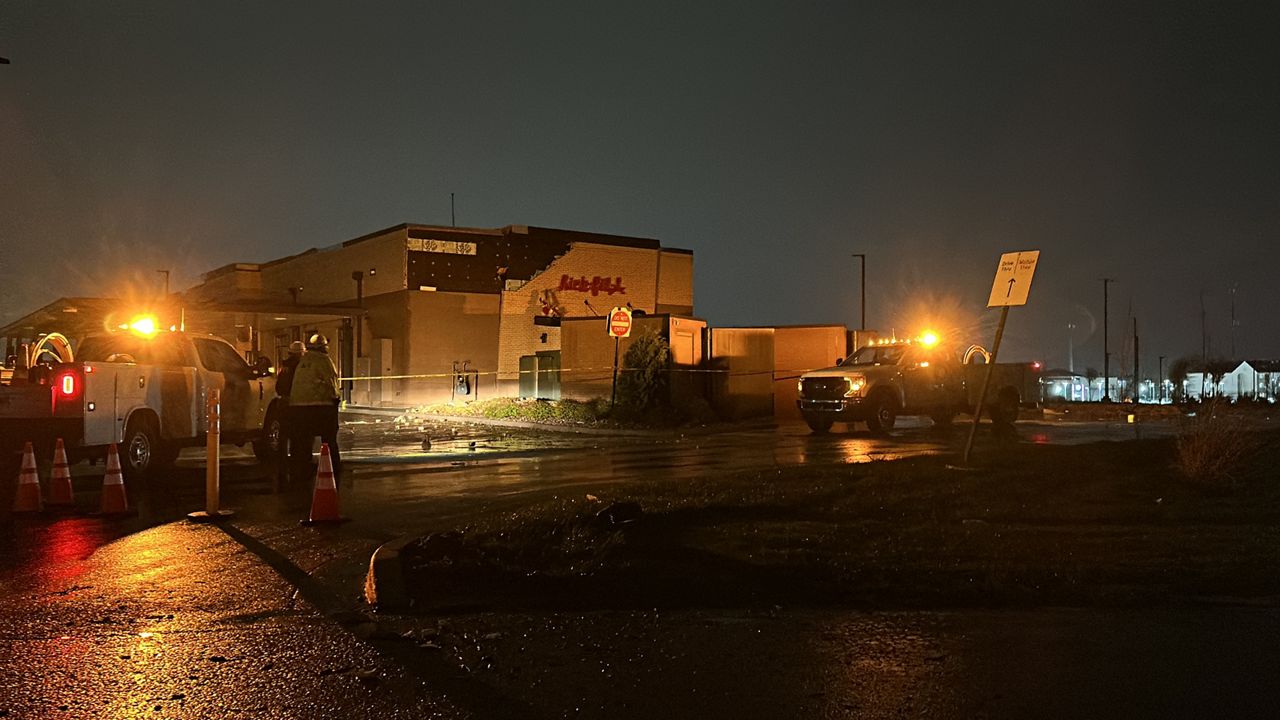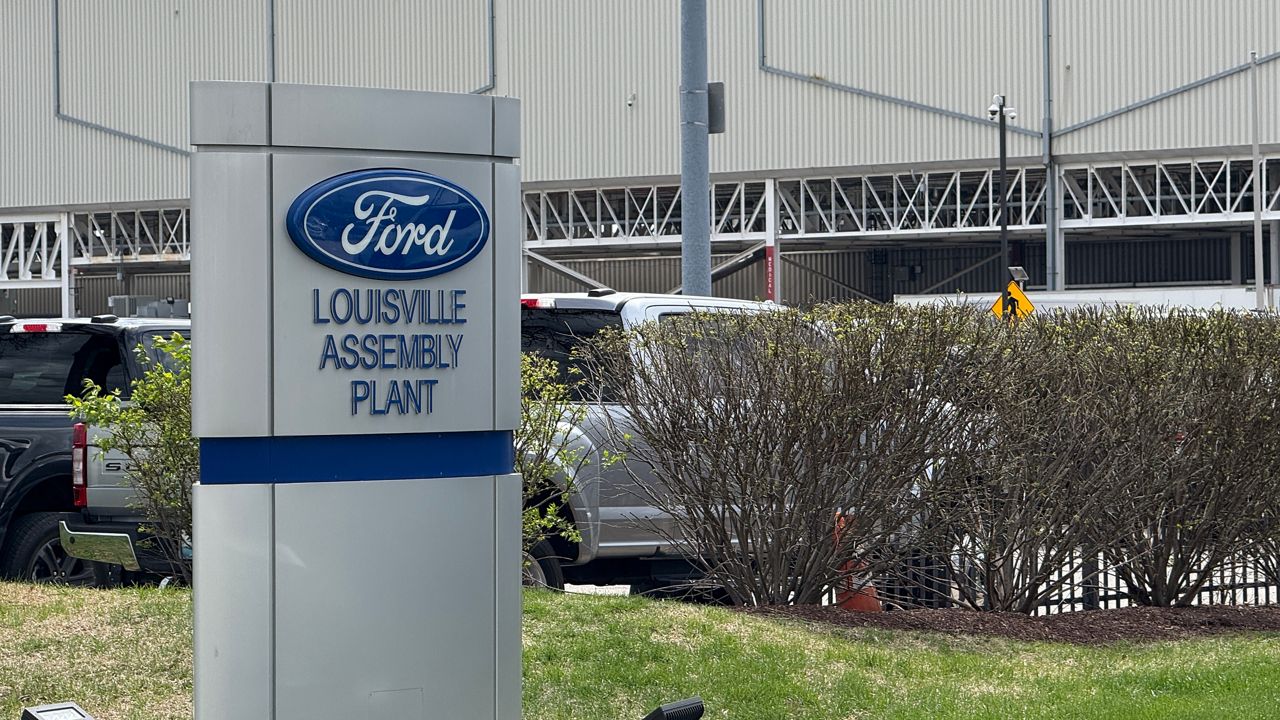LEXINGTON, Ky. — Lieutenant Gov. Jacqueline Coleman, D-Ky., is shining a light on possible cancer prevention. She is recovering from a double mastectomy following concerns raised during a routine physical exam and a family history of cancer diagnoses.
A double mastectomy is the surgical removal of both breasts; partially or completely. It is done either when someone has cancer or, in Coleman’s case, preventative.
“It is very important for people to talk to their family members about major diagnoses going on; whether that’s heart concerns, cancer, mental health,” said Michael Gosky.
Gosky, is a senior oncology genetic counselor at Markey Cancer Center in Lexington.
“I talk to people who either have a personal history of cancer or they might have a family history of cancer and at our appointments we’d talk to them about personal history, family history and genes, genetics, genetic testing,” Gosky said.
Gosky recommends genetic testing for anyone with three or more family members diagnosed with the same or similar types of cancer.
“We are looking at genes or pieces of DNA, and their job is to protect us from developing cancer. So if someone had a mutation in one of these genes that made it so the gene can’t do its job; that’s what causes them to have an increased risk for developing cancer and it can be passed on in a family,” Gosky said.
According to Gosky, only 5-10% of cancers are hereditary or because of a mutation in a gene. But those cancers include breast, colon and prostate cancer.
“If they undergo this testing and they test positive and they follow the recommended screening guidelines that are based on that gene in particular that should they ever face a cancer diagnosis that it is something picked up in a very early stage where it is most treatable,” Gosky said.
Dr. Laila Agrawal at Norton Cancer institute says if someone has a higher-than-average risk of developing breast cancer, they may be eligible for increased screenings.
“This can include a breast MRI in addition to yearly mammograms. This could help catch cancer sooner or in an earlier stage. Also, if we find that somebody has an increased risk of getting breast cancer there are certain medications available that could lower the risk,” Agrawal said.
Agrawal said lifestyle changes can also lower chances of developing cancer.
“It’s important to consider healthy diets, getting exercise and reducing alcohol intake,” Agrawal said.
Average risk women are recommended by doctors to start breast cancer screenings at age 40.
For uninsured women 40 and older, KentuckyOne Health offers Yes Mamm; a program providing free or reduced cost mammogram screenings for those eligible.










